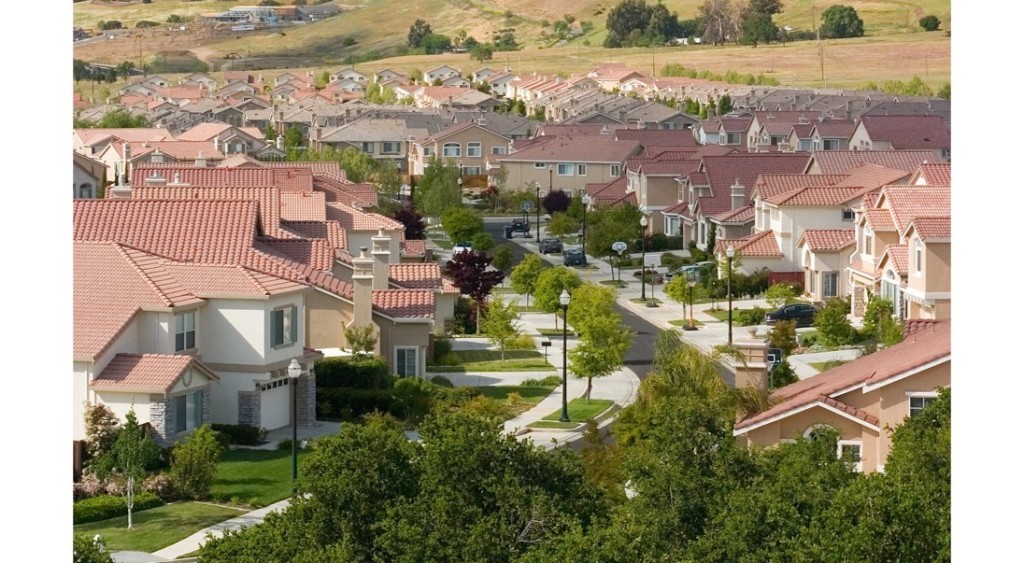San Jose’s Inclusionary Housing Ordinance Dodges Supreme Court Bullet
Justices Deny Review of California Supreme Court Decision Upholding San Jose Measure
Advocates of the City of San Jose’s controversial inclusionary housing ordinance, which was upheld in a 2015 California Supreme Court decision, are breathing a sigh of relief this week. That’s because the U.S. Supreme Court has denied the California Building Industry Association’s petition for certiorari in the case. But the available evidence suggests that the High Court thought long and hard about taking the case before ultimately deciding not to do so.
I previously blogged on the California Building Industry Association v. City of San Jose case when the California Supreme Court rejected a regulatory takings challenge to the city’s inclusionary housing measure last June. (That post, which contains a link to the California Supreme Court’s decision, can be accessed here.) Briefly, however, the San Jose ordinance requires developers of new residential development projects in that city containing 20 or more units to sell at least 15% of the constructed units to low or moderate income homebuyers. The California building industry filed a facial takings challenge to the measure, claiming that it violates the “unconstitutional conditions” component of regulatory takings law. The California Supreme Court disagreed, rejecting the builders’ constitutional challenge.
The consequences of this litigation and result are substantial, and extend well beyond the San Jose city limits. That’s because, as Chief Justice Tani Cantil-Sakauye noted in her decision on behalf of a unanimous California Supreme Court, approximately 170 other California municipalities have similar inclusionary housing ordinances on their books.
The California Building Industry Association predictably filed a petition for certiorari in the San Jose case. There the justices were pretty clearly intrigued by the issues presented in the petition: they calendared it for discussion in no fewer than three of their Friday conference sessions, the last of which was convened last Friday, February 26th. That’s quite unusual, and indicates that the San Jose petition was on the justices’ “A” list–at least for discussion purposes.
The reasons behind the justices’ interest in the case are suggested in an opinion by Justice Clarence Thomas concurring in the Court’s denial of certiorari in San Jose. He wrote that “[t]his case implicates an important and unsettled issue under the Takings Clause”–specifically, whether the “unconstitutional conditions” doctrine articulated by the Supreme Court in Nollan v. California Coastal Commission and Dolan v. City of Tigard applies just to “quasi-adjudicatory” decisions of government officials like individual land use permit approvals (the specific factual context in both Nollan and Dolan) or also to “quasi-legislative” government decisions such as San Jose’s enactment of its citywide inclusionary housing measure. As Justice Thomas’ concurring opinion notes, lower courts have split on that particular issue, with California state courts limiting application of Nollan/Dolan principles to quasi-adjudicatory administrative decisions. Justice Thomas left no doubt as to where he stands on that question. (“I continue to doubt that `the existence of a taking should turn on the type of governmental entity responsible for the taking.'”) But Thomas agreed that the building industry’s cert petition may have contained some threshold procedural defects that would have prevented the justices from ultimately reaching the substantive regulatory takings question, and so he joined in denying review in the case.
(One wonders whether the Supreme Court might have acted differently on the petition for cert if Justice Scalia were still on the Court. As the original architect of the Nollan/Dolan regulatory takings jurisprudence (he wrote the majority opinion in the landmark 1987 Nollan v. California Coastal Commission case), Scalia was vitally interested in protecting private property rights and shaping constitutional doctrine to that end. Scalia was still on the Court and participated in the first two conferences at which the San Jose petition for cert was debated by the justices. Unfortunately for property rights advocates, he died before the third and final conference, at which the justices ultimately voted to deny the CBIA’s petition. It doesn’t strain credulity to believe that, had he survived, Scalia’s advocacy and crucial fourth vote might have made all the difference in getting the San Jose case before the justices on the merits.)
With the denial of Supreme Court review in CBIA v. City of San Jose, that city’s leaders and their affordable housing advocate allies undoubtedly are pleased that the constitutional challenge to the San Jose inclusionary housing ordinance is finally and definitively resolved in the city’s favor. The development community and property rights advocates are correspondingly and understandably disappointed by the Supreme Court’s denial of review.
Meanwhile, the political and policy battle over affordable housing for 39 million Californians continues apace.







Reader Comments